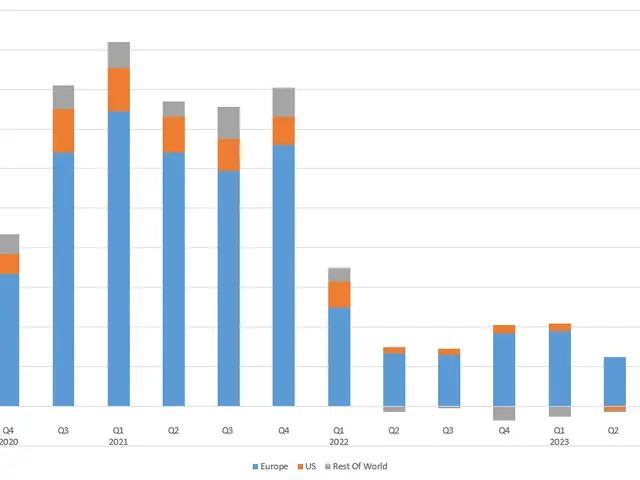The Symptom Causing the Escalation of Metabolic Syndrome
Stress and the Inflammation Link to Metabolic Syndrome
Your body's stress response, regardless of the source, triggers a similar physiological reaction, including the release of hormones like adrenaline and cortisol. While some situations may pose a genuine threat, minor stressors, such as a spilled coffee, can still trigger this response. Chronic stress can lead to a heightened state of stress where fight-or-flight hormones are persistently present, potentially resulting in health problems like anxiety, depression, and cardiovascular problems, among others.
Researchers at Ohio State University zeroed in on stress's role in a cluster of conditions that increase the risk of cardiovascular disease and diabetes. The study sought to explore how stress initiates inflammation, which is common in many diseases and disorders. The researchers analyzed data from a national survey of 648 individuals, with an average age of 52, to examine the connection between perceived stress, inflammation, and metabolic syndrome.
The findings showed that stress indeed has a relationship with metabolic syndrome, with inflammation explaining 61.5% of that connection. This findings add to the growing evidence that stress and its connection to inflammation can have a significant impact on health.
To manage stress and lower health risks, researchers suggest addressing stress levels, as it's a modifiable factor that's cost-effective and can be managed through everyday lifestyle adjustments. One strategy that helps re-balance the chronic stress fight-or-flight response and decrease the risk of heart events is listening to calming music. It boosts heart rate variability, lowers the potential for inflammation and heart events, and reduces anxiety, while also increasing positive feelings.
The study was published in Brain, Behavior & Immunity Health.
Stress and Metabolic Syndrome: A Closer Look
- The Hypothalamic-Pituitary-Adrenal (HPA) Axis: Chronic stress activates the HPA axis, leading to an increase in cortisol levels. High levels of cortisol promote insulin resistance, visceral fat accumulation, dyslipidemia, and hypertension.
- Behavioral Changes: Stress can lead to poor lifestyle choices, such as unhealthy eating and reduced physical activity, exacerbating metabolic disturbances.
- Oxidative Stress: Chronic stress elevates oxidative stress through the production of reactive oxygen species (ROS), further contributing to metabolic dysfunctions.
- Inflammation: Stress-induced inflammation is a key factor in the development of metabolic syndrome. Pro-inflammatory cytokines contribute to insulin resistance, visceral obesity, hypertension, and dyslipidemia.
By addressing stress and managing its impact on the body, individuals can improve their overall health and reduce their risk of developing metabolic syndrome.
- The Hypothalamic-Pituitary-Adrenal (HPA) Axis: Remarkably, chronic stress activates the HPA axis, leading to an increase in cortisol levels that promote insulin resistance, visceral fat accumulation, dyslipidemia, and hypertension, contributing to the development of metabolic syndrome.
- Mental and Physical Well-being: Persistently high stress levels can lead to poor lifestyle choices, such as unhealthy eating and reduced physical activity, which exacerbate the risks associated with metabolic syndrome by further disturbing mental health and health-and-wellness, thus increasing the risk of chronic diseases.
- Science and Metabolic Syndrome: Stress-induced inflammation plays a crucial role in the development of metabolic syndrome. Pro-inflammatory cytokines, common in many medical-conditions and chronic-diseases, are triggered by chronic stress, leading to insulin resistance, visceral obesity, hypertension, and dyslipidemia, highlighting the significant impact of mental-health on physical wellness.







